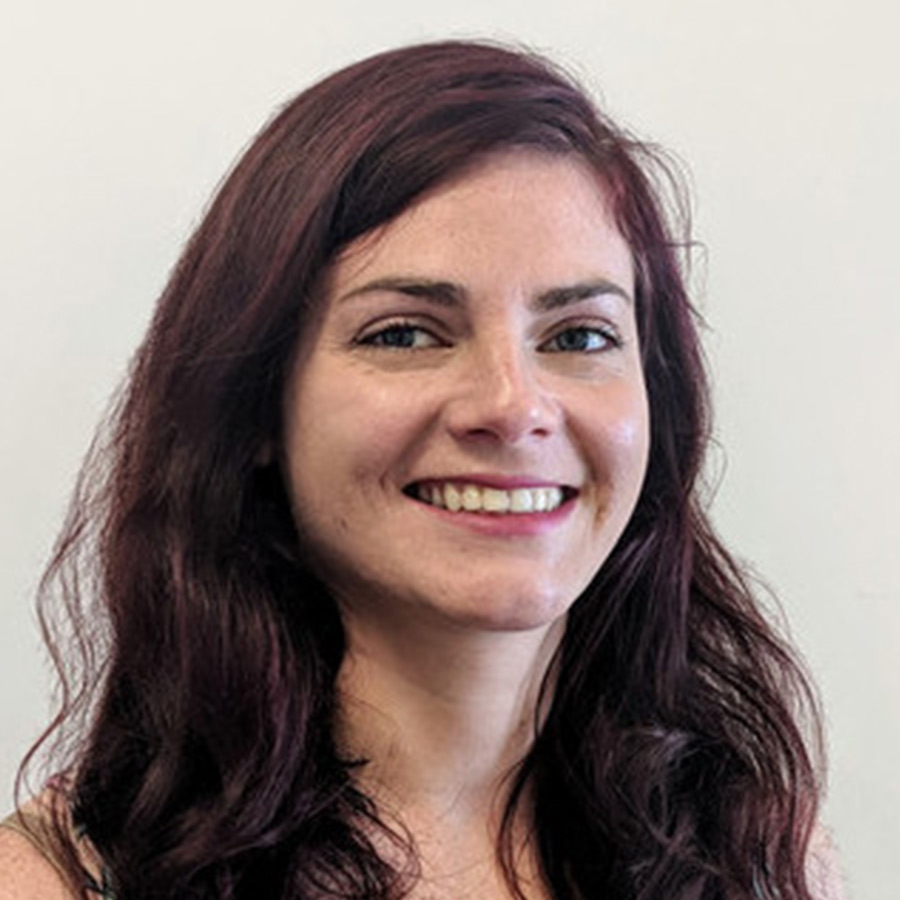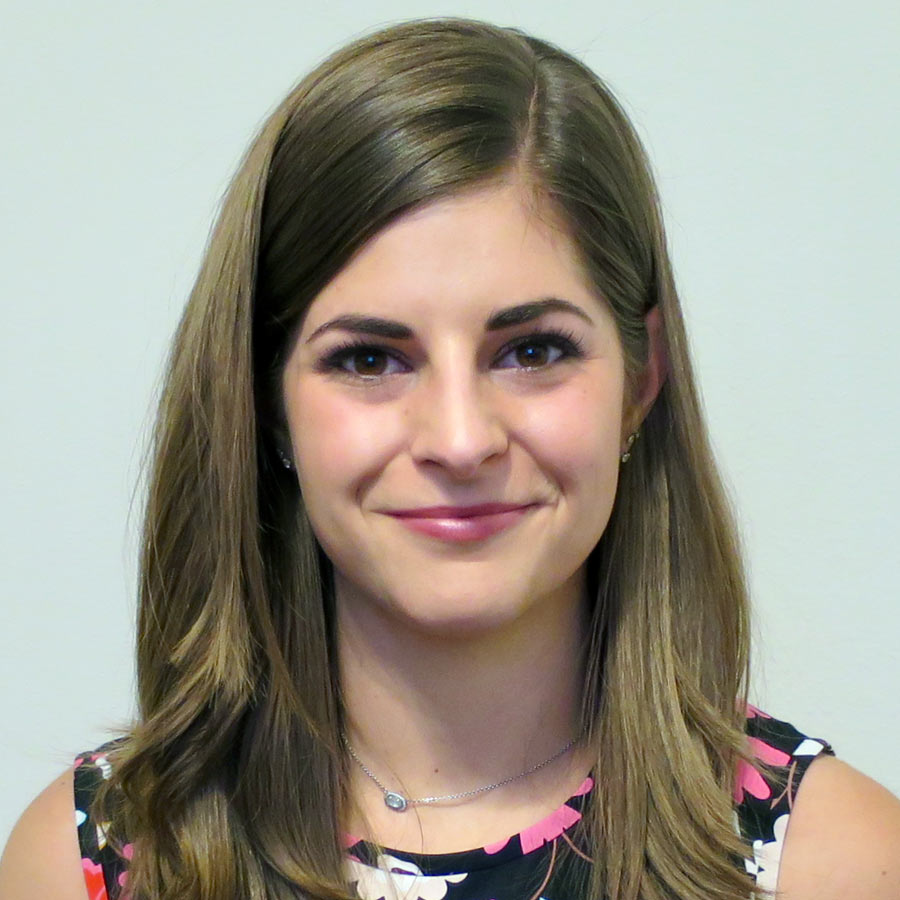
From the Bench to Biotech Venture Capital

In the world of venture capital (VC), every investment is a gamble.
At the time of investment, investors can’t know for certain whether a product will do well in the market. In some cases, they can’t even be sure a product is technologically feasible. Both risks are present for VC firms investing in biotechnology companies, where it’s common to invest in companies long before they have fully developed a product.
PhD students in science and technology often face similar uncertainties during their studies: Is the scientific question they’re pursuing the right one to ask? And is it possible to answer it with the tools available? As more technically trained experts enter the VC workforce, it is becoming increasingly clear that a PhD offers great preparation for a career in VC investing.
Hertz Fellows Judy Savitskaya, Katie Bodner Spielberg, and Kelly Moynihan transitioned to biotech VC after receiving their PhDs in bioengineering. Investing has allowed them to work closely with forward-thinking entrepreneurs and promising new biotechnologies, and they are excited about the impact their investments are making. They hope sharing their experiences will encourage other PhD students interested in pursuing a career in VC.
A bench-side education on the economics of biotech
Judy Savitskaya’s interest in entrepreneurship began during her undergraduate studies. By the time she began her graduate degree, she knew she wanted to enter the startup world. Now, she works as an investment partner at a16z.
When she picked her PhD advisors, Savitskaya looked for a lab where she could learn the ins and outs of biotech entrepreneurship. John Dueber and Adam Arkin’s labs at UC Berkeley provided exactly that sort of environment.
“People in my PhD lab were starting companies,” Savitskaya explains. “My advisor was excited about starting companies. All day, every day, as we’re pipetting, we’re just talking about companies. Who’s hiring whom? Whose tech works? What is the intellectual property?”
Savitskaya entered her PhD program with the goal of developing biotechnologies that could potentially be commercialized. Initially, she was interested in designing microbial systems that could convert sugar into biofuel. However, upon realizing how difficult it would be to make the economics of this process feasible—oil is cheap compared to sugar—she pivoted to working on microbial production of therapeutics. Her final project involved screening microbial genomes in an unbiased fashion to learn what genetic modifications are mostly likely to improve microbial production of therapeutic drugs.
Savitskaya’s experience with biofuels and therapeutics during her Hertz Fellowship served as a crash-course on the key differences between the economics of therapeutics and those of non-therapeutic biotechnologies.
“At the end of the day, your company lives or dies by whether you have money to pay your payroll,” Savitskaya explains. “The financing path for a therapeutics company is really different, because revenue doesn’t come in for a long time. Instead, you have to think about other types of value you can create to get the next investment so that your company can continue to exist. What therapeutics companies are thinking about is: What do I need to show for someone to believe in me today so that I can reach that next milestone?”
Companies use VC investments to grow with the goal of exiting. Exiting can take on a variety of forms, but most often, a company exits either by being sold through an initial public offering (IPO) or by being acquired by another company. Generally, therapeutics companies exit by being acquired by a larger pharmaceutical company.
“The exit potential for therapeutics companies is high,” Savitskaya says, “Pharma companies will pay more than a billion dollars to acquire innovative therapeutic technologies long before they generate revenue.”
In contrast, the acquisition culture for non-therapeutics biotech companies is weaker.
“In the nonmedical space,” Savitskaya says, “the innovation piece isn’t as highly valued, so companies actually have to generate revenue. They have to prove that they are able to make money in the long run in order to get their evaluation to grow. It isn’t based on the story and the science as much as it is for therapeutics companies.”
Translating research skills to investing
Katie Bodner Spielberg got her PhD in bioengineering at Stanford, where she studied immune engineering in Markus Covert’s Lab. She now works at 5AM Ventures as an analyst. Her firm focuses on bringing medicines to patients, and she invests primarily in therapeutics companies. One of the things Spielberg enjoys most about her role is the focus on evaluating scientific ideas:
“Therapeutics companies are grounded in a scientific story, not in selling a product. I think that's why so many Hertz Fellows are attracted to biotech VC. One of your main roles is to do a diligence check on the science. All you have to go off of is scientific data. You don’t have a product, so you’re not focusing on how customers are interacting with a product or on sales. Instead, you’re figuring out the use cases for a scientific finding.”
Spielberg says therapeutics companies often focus on two main things as they’re growing:
“First, they’re thinking about how to de-risk the path to the clinic. They’re thinking about what pre-clinical packages are needed for efficacy and toxicology, how to prepare for FDA interactions and how to de-risk manufacturing. They’re also thinking about indication prioritization, which involves choosing which patient population the drug will be brought to first.
“Second, most companies have some sort of platform that has enabled their development of new drugs, so they’re thinking about how to continue improving the science of that platform over time to bring more drugs to pipeline.”
Although Spielberg studied immunity during her Hertz Fellowship, she says the general skills she gained during her PhD studies prepped her more for VC investing than the specifics of her research:
“A PhD teaches you to take a really complex and broad field and reduce that down to a few key questions that can be addressed in a reasonable timeframe. From that, you’re able to generate a thesis about that field. Similarly, in VC, we take a field of science and use it to generate an investment thesis, which shows us what questions need to be addressed for us to believe that a company will be successful.”
This process of doing diligence is central to VC investing. Spielberg describes diligence as pressure testing ideas: “You’re figuring out how much you believe the science, whether you think the science is capable of generating a medicine and whether this is the right team to bring that medicine to market.”
One part of doing diligence that Spielberg greatly enjoys is talking to key opinion leaders and experts. “As part of 5AM Ventures, I’m interacting with academics, early-stage startups, later-stage startups, public companies, industry, regulatory agencies, other venture capital firms—you get to see so much, broadly, about how the biotech industry works.”
No hard barriers between research and investment
Sometimes investors end up taking an operational role in a company. Kelly Moynihan is currently working in an operational role at Asher Biotherapeutics, a company that focuses on cancer therapeutics. Prior to this role, she worked with Asher as a Third Rock senior associate. She spent a year working alongside Asher’s founders and a team from Third Rock strategizing the best way to execute the company’s vision, and after over a year of work, Third Rock led Asher’s Series A financing.
Third Rock is known among VC firms as a firm that builds companies from the ground up.
“It’s more appropriate to envision Third Rock as a biotech incubator,” Moynihan says. “Third Rock teams work alongside leading scientific experts to build and launch new biotech companies, and it is typical to then work at the newly launched company in an operational role after launch.”
For Moynihan, VC investing hasn’t meant a complete departure from the nitty-gritty of scientific investigation.
“Pressure testing a company’s science often involves getting expert input and reading a ton of literature, but it can also involve running key experiments with your own hands. This can take place through sponsored research collaborations with academic labs or contract research organizations.”
Having a background in science and technology can make it easier for VC investors to jump into these sorts of operational roles. On the other hand, it can pose some initial challenges to domain experts starting out in VC. When first considering a VC career, Moynihan worried about her lack of business and finance knowledge.
“I had no exposure to finance, value creation planning, or really anything venture-related before joining Third Rock. I’d never even seen a cap table! The advice I was given about this was: ‘Don’t worry, you’ll pick it up quickly as you need to. The science is the hard part!’ I don’t proclaim to be a finance wiz or anything of the sort now, but I have found that initial advice to be generally true.”
In Savitskaya’s experience, domain experts new to investing often find the risk and uncertainty of VC difficult to deal with:
“Domain experts bring an appreciation for what is doable and what is not. Often, what they bring is, ‘That’s not going to work,’ but that insight is only helpful up to a point. The most helpful thing a domain expert can bring is the forethought of what is possible, and who is the right person to chase down that barely possible thing.”
Many students in science and technology fields are still unaware that VC is something they can make a career of. Spielberg wasn’t aware that such opportunities existed until the latter half of graduate school. She’s hoping to change this status quo:
“That’s something I want to make sure I give back to the Hertz community, and more broadly. One thing that I care a lot about, and that 5AM Ventures cares a lot about, is increasing access to careers in VC.”


